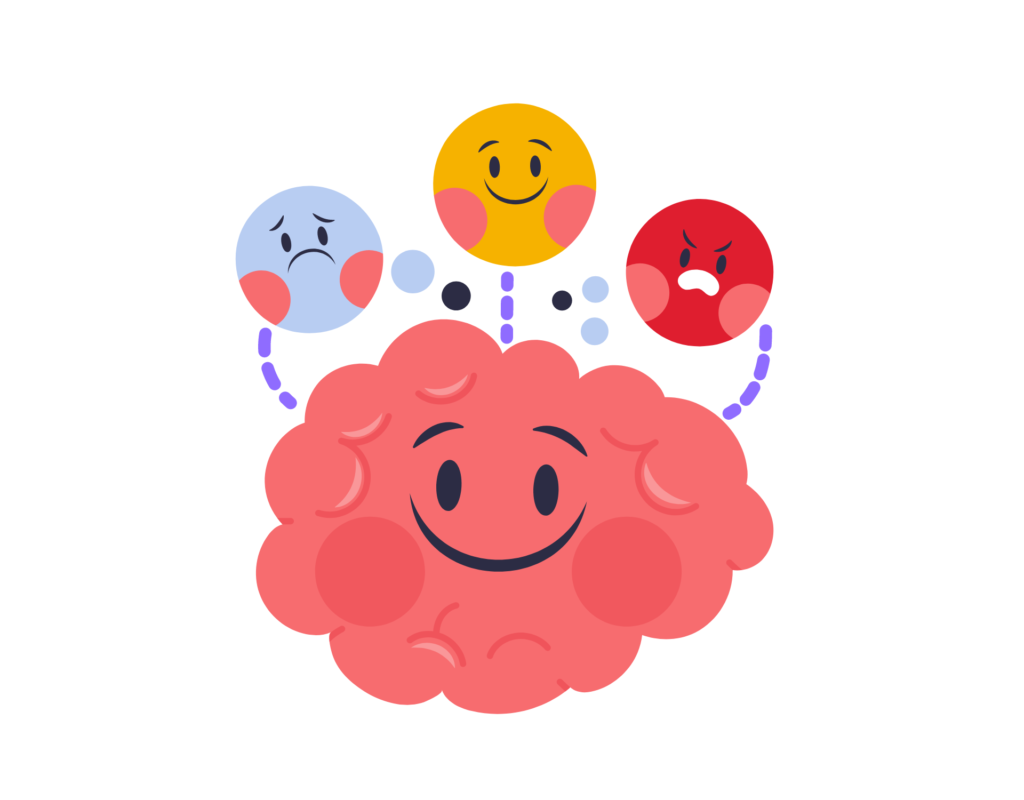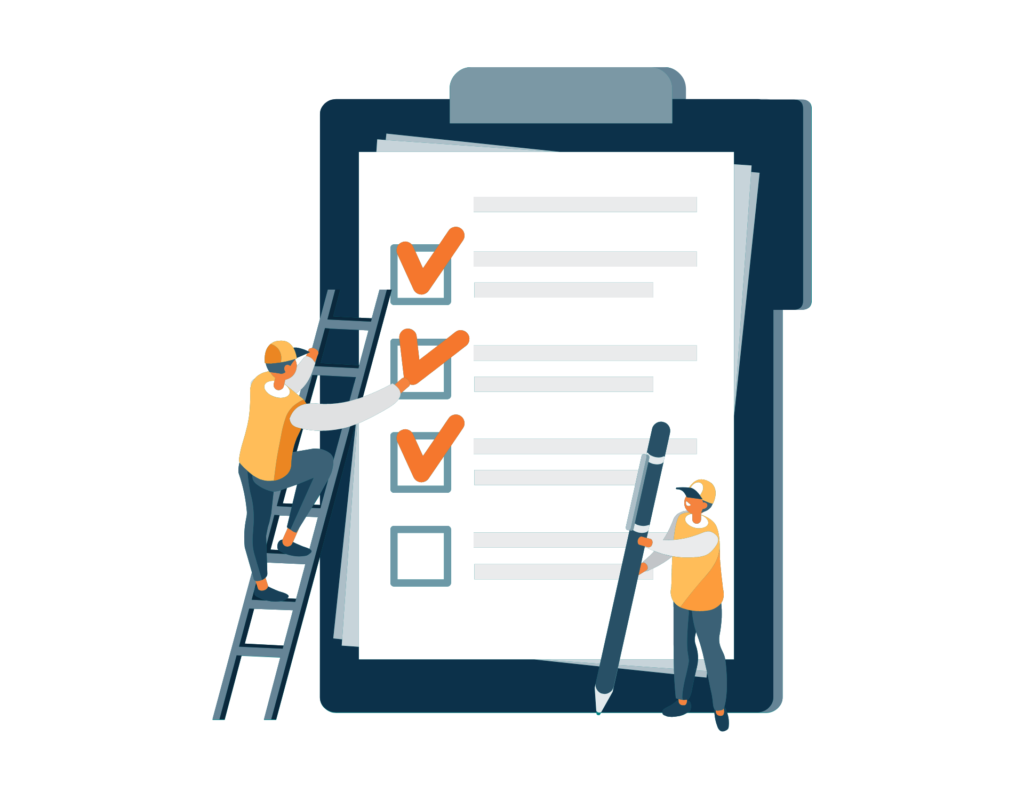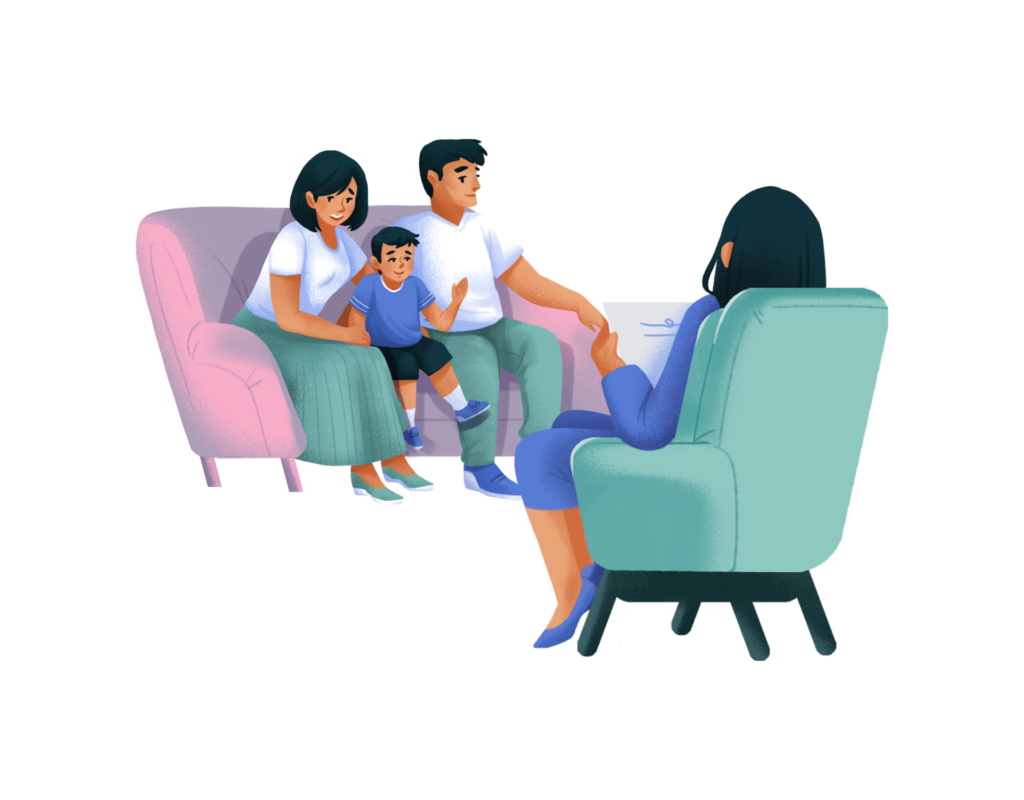- Initial Assessment
The process begins with an initial assessment, where the learner’s current abilities and behaviour and developmental skills are evaluated. This assessment helps identify the individual’s strengths and weaknesses and determines specific goals and targets for therapy.






